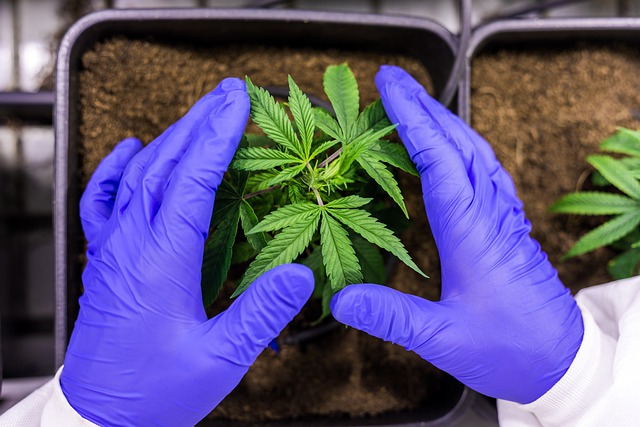THCa Flower: Unlocking the Power of Raw Cannabis
The world of cannabis is vast and varied, with numerous compounds contributing to its effects and benefits. Among these from indacloud.co, THCa, or tetrahydrocannabinolic acid, stands out as a non-psychoactive cannabinoid found in raw cannabis. This article explores the potential of THCa flower, its benefits, and its growing popularity.
Understanding THCa
THCa is the acidic precursor to THC, the compound responsible for the psychoactive effects of cannabis. In its raw form, THCa does not produce the “high” associated with THC. Instead, it offers a range of potential health benefits without the psychoactive effects.
How THCa Converts to THC
When cannabis is heated through smoking, vaping, or cooking, THCa undergoes decarboxylation, a process that converts it into THC. This transformation is what gives cannabis its psychoactive properties. Consuming raw cannabis preserves THCa, allowing users to experience its benefits without the high.
Potential Benefits of THCa
Research into THCa is still in its early stages, but preliminary studies and anecdotal evidence suggest several potential benefits:
- Anti-inflammatory Properties: THCa may help reduce inflammation, making it a potential option for those with conditions like arthritis.
- Neuroprotective Effects: Some studies indicate that THCa might protect brain cells, offering potential benefits for neurodegenerative diseases.
- Anti-emetic Properties: THCa could help reduce nausea and vomiting, which is particularly beneficial for chemotherapy patients.
- Appetite Stimulation: Like THC, THCa may stimulate appetite, aiding those with eating disorders or undergoing treatments that reduce appetite.
THCa Flower in the Market
The demand for THCa flower is on the rise as consumers seek non-psychoactive cannabis options. This trend is driven by a growing interest in holistic health and wellness, as well as the desire to explore cannabis’s full spectrum of benefits.
Case Study: THCa in Medical Use
A study conducted by a California-based medical cannabis clinic found that patients using THCa-rich products reported significant improvements in pain management and inflammation reduction. These findings highlight the potential of THCa as a therapeutic option.
How to Use THCa Flower
There are several ways to incorporate THCa flower into your routine:
- Juicing: Fresh cannabis leaves and buds can be juiced to create a nutrient-rich beverage that retains THCa.
- Topicals: THCa-infused creams and balms can be applied directly to the skin for localized relief.
- Tinctures: THCa tinctures offer a convenient way to consume the compound sublingually.
Legal Considerations
The legal status of THCa varies by region. In some areas, raw cannabis products are legal, while others may have restrictions. It’s important to research local laws before purchasing or using THCa flower.
Consumer Experiences
Many users report positive experiences with THCa flower, citing benefits such as reduced anxiety, improved mood, and enhanced focus. These testimonials contribute to the growing interest in THCa as a wellness supplement.
Challenges and Future Research
Despite its potential, THCa research is limited. More studies are needed to fully understand its effects and therapeutic applications. Challenges include regulatory hurdles and the need for standardized testing methods.
Conclusion
THCa flower represents a promising frontier in cannabis research and consumption. With its potential health benefits and non-psychoactive nature, it offers an appealing option for those seeking alternative wellness solutions. As research progresses, THCa may become a staple in the cannabis industry, providing new opportunities for consumers and medical professionals alike.
